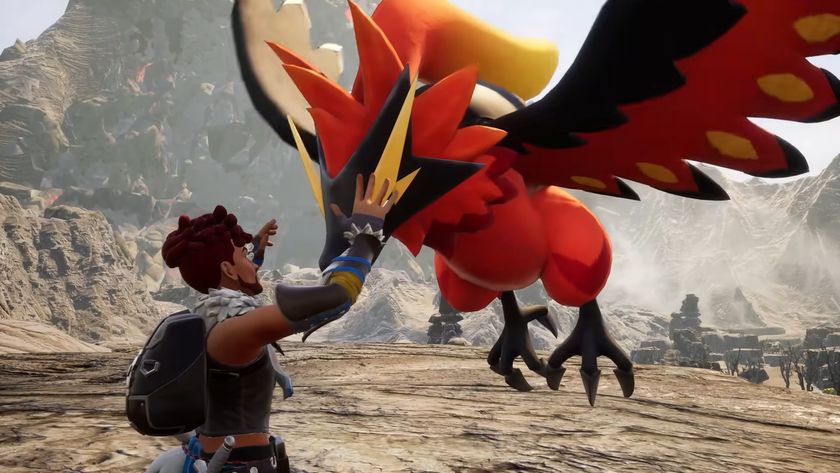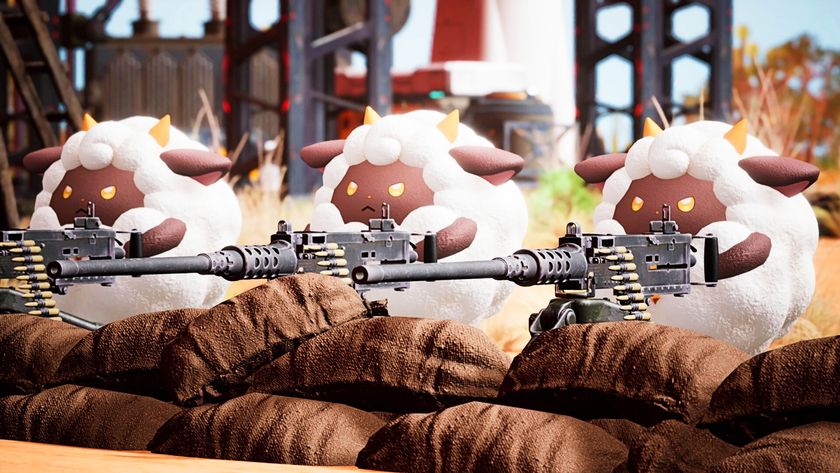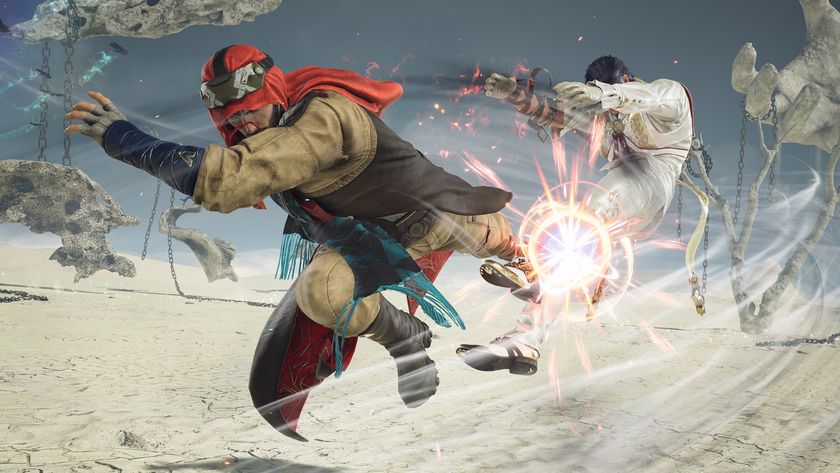Steam's new regional price guides make games more expensive pretty much everywhere outside the US
"Chau Steam, hola Game Pass"
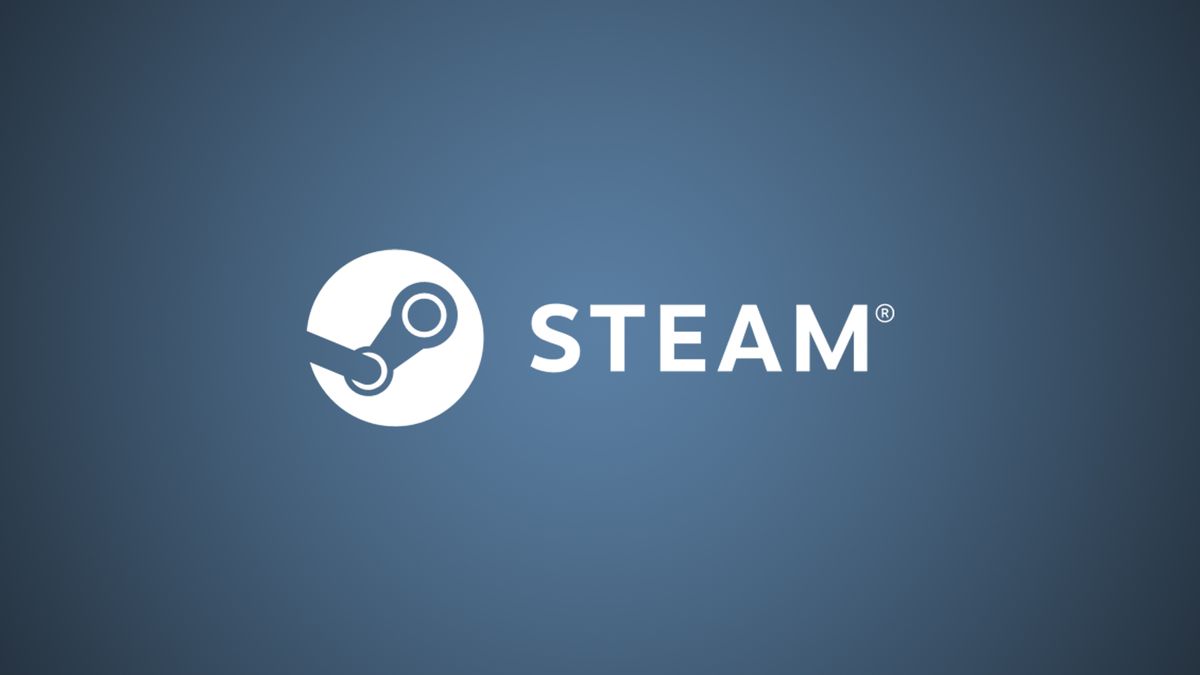
Valve has updated its regional pricing tool, and a new set of pricing recommendations would make games more expensive pretty much everywhere outside the United States.
Steam sells games in 39 different worldwide currencies, and Valve offers a regional pricing recommendation tool which automatically suggests prices for various regions based on a developer's chosen base USD price. Developers do not have to take Valve's recommendations and are ultimately responsible for their own pricing choices, but Steam's pricing tool makes it extremely convenient for devs to just accept a quick conversion for dozens of currencies they might not otherwise be familiar with.
It's been some time since Valve last changed its regional pricing suggestions, though in a recent developer-focused documentation update, the company said it was making a "commitment to refresh these price suggestions on a much more regular cadence, so that we're keeping pace with economic changes over time."
Now, the first of those 'refreshes' has gone live, and if developers choose to update their prices according to the new recommendations - it's not an automatic process - games would get more expensive pretty much everywhere outside the US. Recommended prices in euros are going up by 18%, for example, and Chinese yuan recommendations are increasing by 21%.
Global economics are complicated, and Valve's pricing recommendations are not based purely on exchange rates, which do not always account for the buying power of a region's ordinary citizens. Under the new recommendations, a $60 USD game would cost around $30 in Brazil. That's a 32% increase from the previous recommendation, but it might seem quite cheap - until you realize that the average Brazilian salary is a fraction of the average US salary.
The changes are much more remarkable in regions that are going through economic upheaval. Argentine peso recommendations for a $60 game have gone up from 650 to 3800, a 485% increase. Over the past few years, Argentina has suffered some of the worst inflation rates in the world, and even after a nearly 500% increase, that recommended price would still translate to around $24 USD.
Response to the pricing changes from players has been mixed. Some are naturally unhappy that prices are increasing at all, though a thread in an Argentine gaming subreddit is filled with players relieved after fears that the new recommended prices would be even higher. Still, there's talk of abandoning Steam in all this, and at least one meme saying 'chau Steam, hola Game Pass.'
Sign up to the 12DOVE Newsletter
Weekly digests, tales from the communities you love, and more
chau_steam_hola_game_pass from r/Argaming
The other issue in all this is that players in more affluent regions are more than willing to use VPNs to purchase games at a discount from regions with favorable pricing. A few weeks ago, indie game Let's Build a Zoo made waves when Mike Rose of publisher No More Robots revealed that the game's inexpensive pricing in Argentina had a series of bizarre effects on its worldwide fortunes. Regional price abuse also led to volatile pre-order campaigns for games like Horizon Zero Dawn on PC.
The folks at SteamDB have put together a big list of what all the new prices look like. It remains to be seen how many publishers will take Valve's new recommendations, but if you've been eyeing a purchase on Steam, you might want to make it soon. Of course, it's equally likely that big publishers like EA will continue to ignore the regional pricing recommendations and keep games like Need for Speed: Unbound out of reach for less affluent regions.
If you need to game on a budget, check out our guide to the best free games.

Dustin Bailey joined the GamesRadar team as a Staff Writer in May 2022, and is currently based in Missouri. He's been covering games (with occasional dalliances in the worlds of anime and pro wrestling) since 2015, first as a freelancer, then as a news writer at PCGamesN for nearly five years. His love for games was sparked somewhere between Metal Gear Solid 2 and Knights of the Old Republic, and these days you can usually find him splitting his entertainment time between retro gaming, the latest big action-adventure title, or a long haul in American Truck Simulator.

After struggling to make sequel-sized changes, fans think Blizzard might retire the '2' in Overwatch's name based on Season 16 leaks
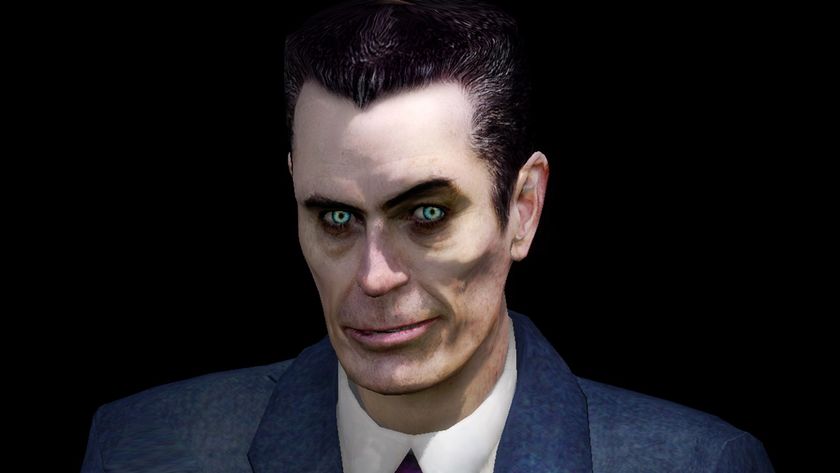
Valve leads considered making a "mediocre" game before Half-Life to build the team up, but original marketing exec said "if you do that, the company will fail"


